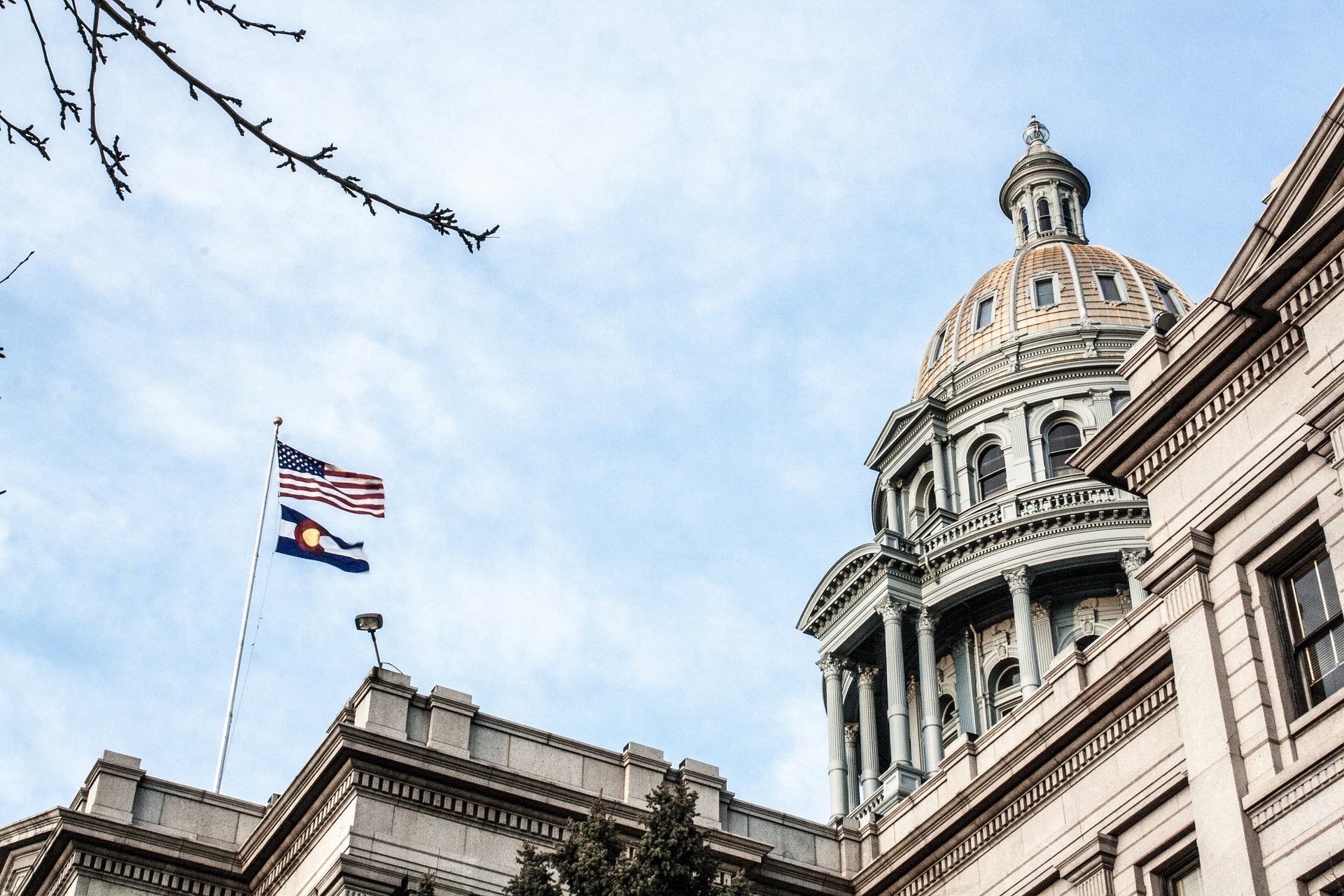Colorado has a long history of Latino activism and political representation. Latino politics Colorado refers to the efforts of Latinos to gain political representation, access policies that benefit the Latino community, and get their voices heard in the state’s policymaking process. In this article, we will discuss the history of Latino politics in Colorado, the challenges that Latinos face in achieving political empowerment, and the progress that they have made so far.
One of the earliest examples of Latino politics Colorado is the Crusade for Justice, a civil rights organization founded by Rodolfo “Corky” Gonzales in the 1960s. The Crusade worked to promote Chicano identity, increase voter registration, and address issues such as segregation and police brutality. During this period, the Chicano Movement gained traction across the country, and Colorado served as one of its key bastions.
In the 1980s, Colorado became a major immigration destination, and the Latino population surged. The Latino community faced significant challenges, including racism, discrimination, and lack of representation. However, Latinos organized themselves to overcome these challenges, forming community organizations and political action committees. In 1993, Polly Baca and Ken Salazar became the first Latinos to be elected to the Colorado Senate.
Today, Colorado has the highest percentage of Latina legislators in the country, with Latinas holding 11 out of the 100 seats in the Colorado legislature. Latinos have also been elected to other high-ranking positions, including the U.S. Senate, the state Attorney General, and the Denver Mayor. Positive changes in Latino politics Colorado are happening, although there is still a long way to go for full representation.
The Latino population in Colorado has grown to over 21% of the state’s overall population, yet they remain underrepresented in many areas of civic life, including government, business, and media. In Colorado, there are still many barriers that stand in the way of Latino political empowerment. These barriers can be attributed to a lack of resources, systemic barriers, and political polarization.
Latino politics Colorado is essential to the state’s future prosperity. Latinos play a significant role in the state’s economic and cultural fabric. For Latinos to increase their political power, they must work to overcome these barriers, continue to organize, and engage civic life. Elected officials need to be responsive to the concerns and needs of the Latino community, actively seek their input, and include them in policymaking decisions.
The rise of Latino politics Colorado is an essential part of the state’s political and cultural history. Latino representation in politics has come a long way in the state, yet there is still much work to be done to overcome the barriers and achieve full political empowerment. With increasing Latino populations in many regions of the state, Latino engagement in politics is bound to grow. This growth could prove to be a significant factor in Colorado’s future success.





